
In 2016 we think it is safe to say that most people are now dimly aware that Google and other Internet giants such as Facebook like to vacuum up your personal data like an anteater sucking up ants. However, what you may not know is the level of detail and broad range of data that they scoop up off you every single hour of every single day. Here we list but 10 of the ways that Google knows more about you than even your closest friend.
It records everything you ever search for
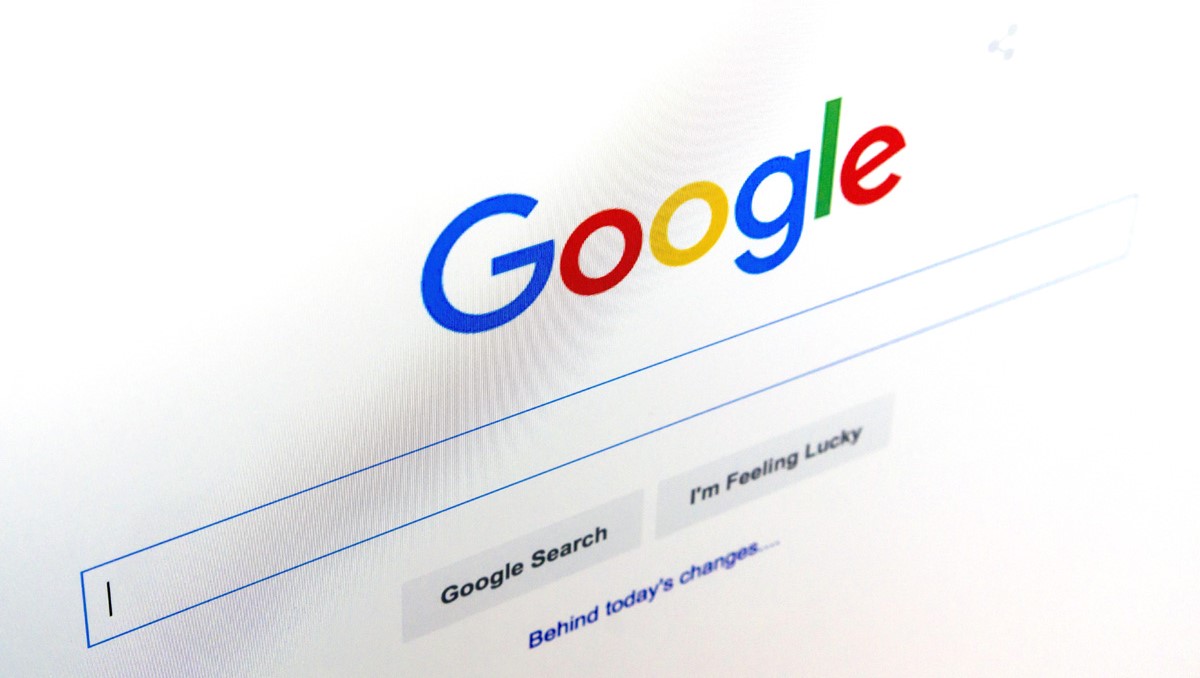
Okay, let's start with something obvious - your search history. Since Google has become the search engine of choice (Bing, who?), there's a good chance you use it a lot at your PC, laptop, Mac, tablet or smartphone. So it shouldn't surprise you to learn Google records every search you make, enabling it to build a picture of who you are by the terms you search for.
Of course, with all this data, Google is able to tailor its suggestions for you and place ads most likely to reflect your tastes in products and services. All of this data, like everything on this list, can be deleted but it's scary just how much Google remembers...
It knows where you've been, and where you are
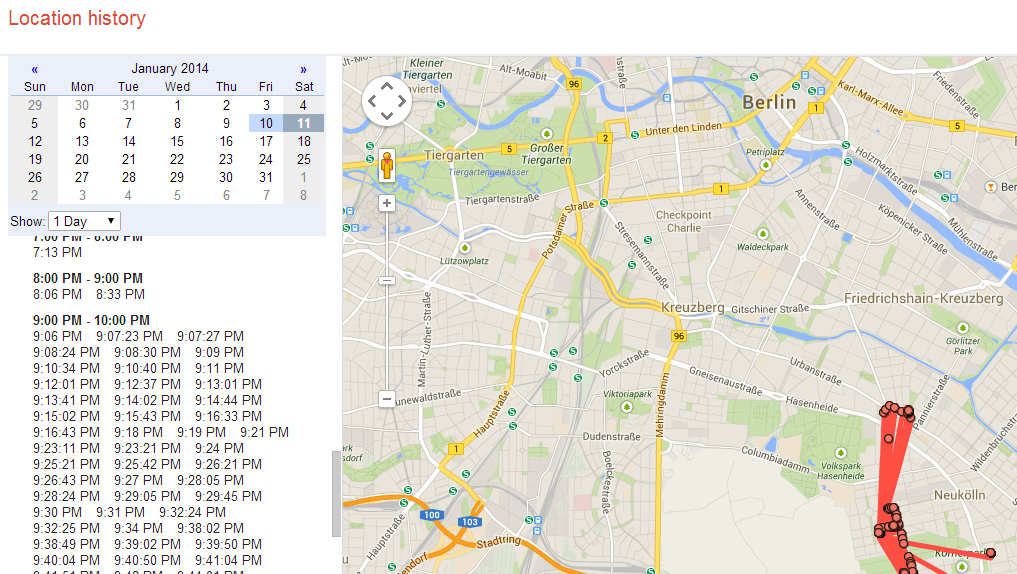
An obvious one perhaps, but an important one as these data gives Google the power to track your location and your movements. Of course, exact tracking all comes down to how much you use GPS and Google Maps - most of the time Google will use Location History (if the option is switched on in your settings) to track your physical progress.
Google can also track your physical location by the activation of different devices tied to your Gmail account. So if you've accessed your account at home on your iPad then switched over to your Android smartphone while on the go, Google will know that too.
It knows what you like, and what you don't
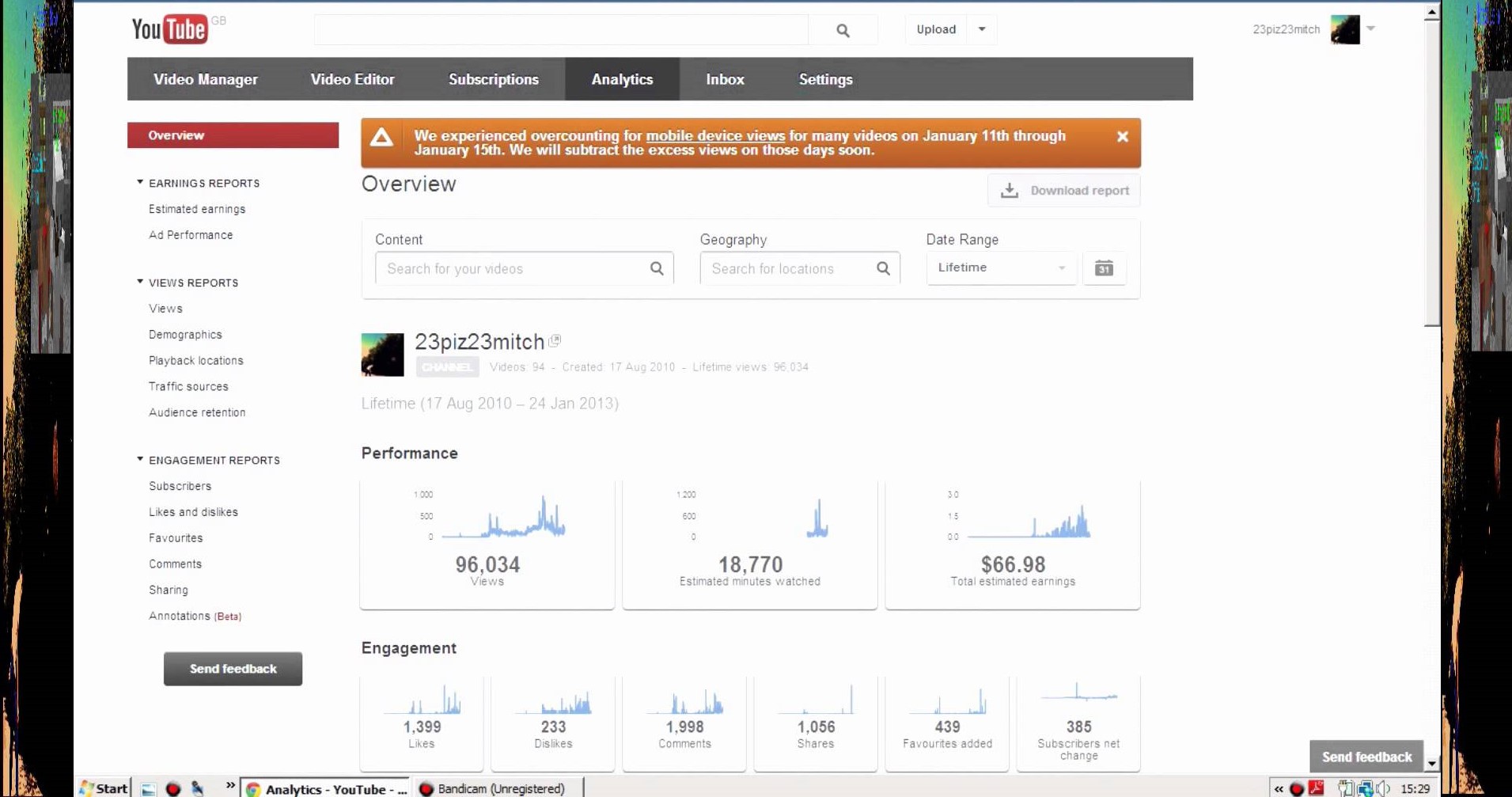
So, you know Chrome, that super popular web browser that, alongside Mozilla Firefox, has pushed Internet Explorer further out of the popular kid's circle? Well, as you know, Google is the proprietor and overseer of said browser, meaning it doesn't just track what you search for, but every web page you visit (yes, even the naughty ones).
It also, unsurprisingly considering it owns it, knows your viewing tastes and habits on YouTube and stores each one, tailoring suggestions to suit your time spent surfing through footage of cats in leggings and people breaking their coccyx falling off hoverboards.
Sign up to the T3 newsletter for smarter living straight to your inbox
Get all the latest news, reviews, deals and buying guides on gorgeous tech, home and active products from the T3 experts
It knows how many emails you've sent, and who your contacts are
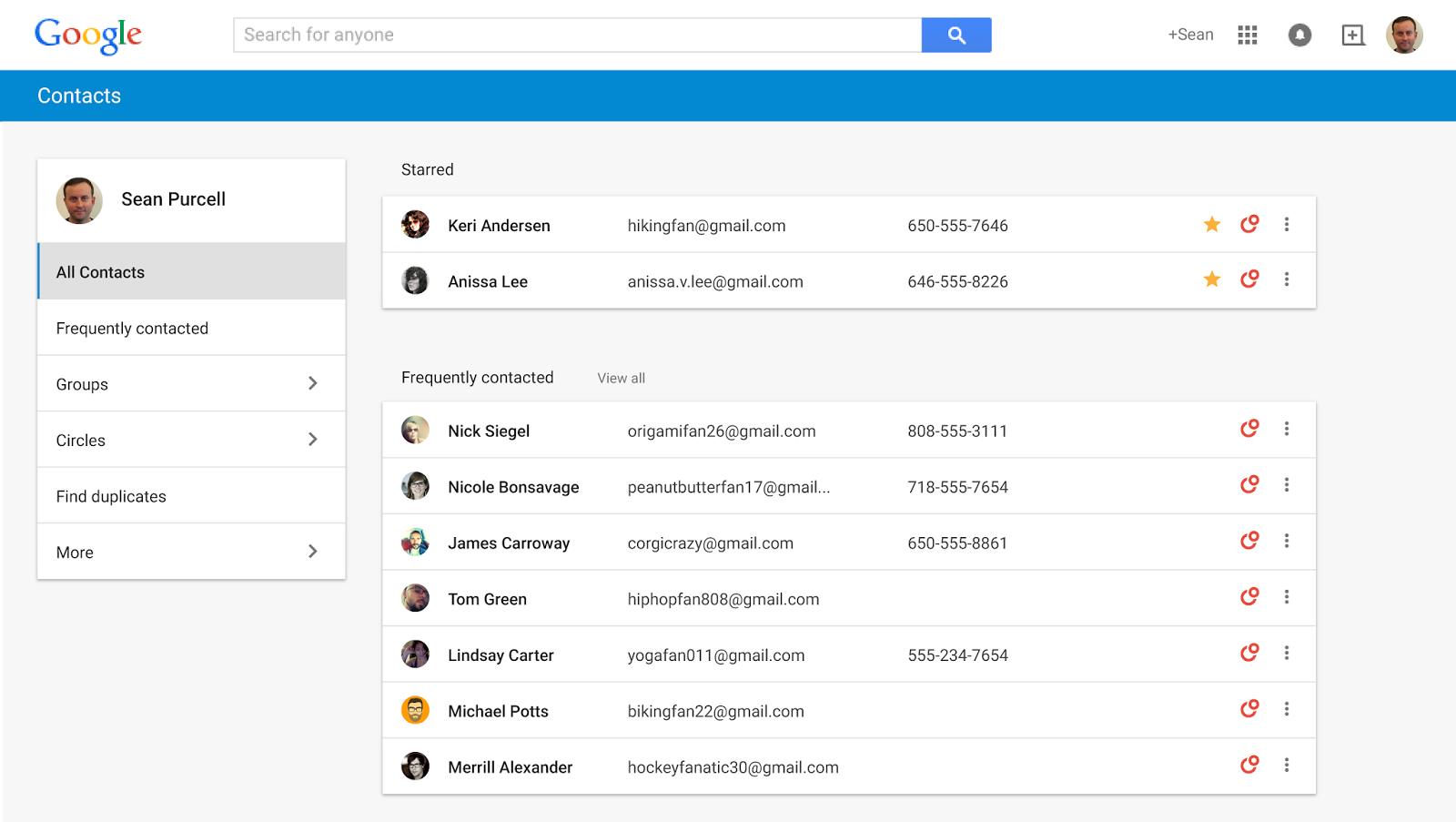
There's a good chance you have a Gmail account (after all, it is the second most popular email client) so it's through this avenue Google is able to store and analyse the data that makes up your 'virtual' activity. As a result, Google knows a lot about your emailing habits.
It knows all your contacts, has all your conversations backed-up and can even track every document shared with your via Google Docs. As you might expect, it also tracks all your activity in Google Drive and all those precious documents contained therein? Yes, that includes that questionable fan fiction you've been working on as well...
It knows which apps are using your info, and how often
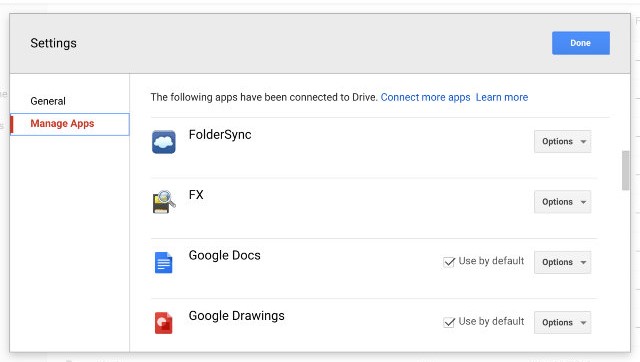
Something that smartphone and tablet users don't always consider is just how much data the apps on your devices can actually access. As disturbing as this one sounds, it's actually one of those instances where Google's tracking actually comes in useful. From your settings on the Google Dashboard, you can find a whole list of said apps on your smartphone or tablet Android tablet.
Best of all, from this list you can actively enable and disable these permissions - and considering some apps have access by default, this option will hopefully make you feel like this companies and services have access to all your data.
It knows what and how much you're spending money on
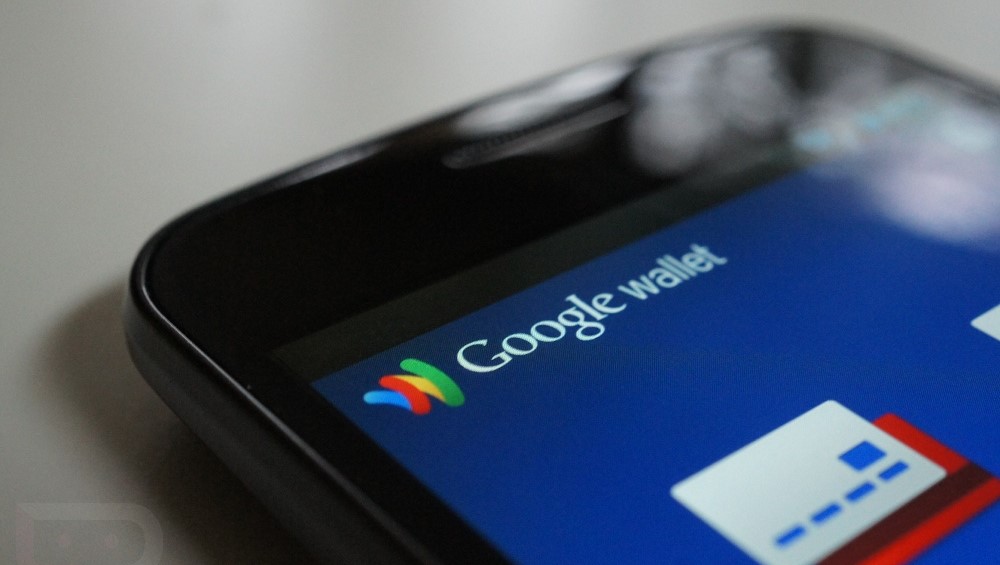
Yup, good ol' Google knows what you're spending all that hard earned cash on? Got a fetish for commemorative plates featuring pictures of kittens? Google knows. Can't stop spending money on Game of Thrones Pop Vinyls? Good always knows. But there is a caveat - Google can't see every transaction you make, only the ones tied to your Google Wallet.
If you're an Android smartphone user or an Android tablet user, Google will be able to track your buying habits using the history of your Google Wallet, so make sure you keep those purchases above board and stop spending so much money on porcelain figures.
It saves recordings of your voice
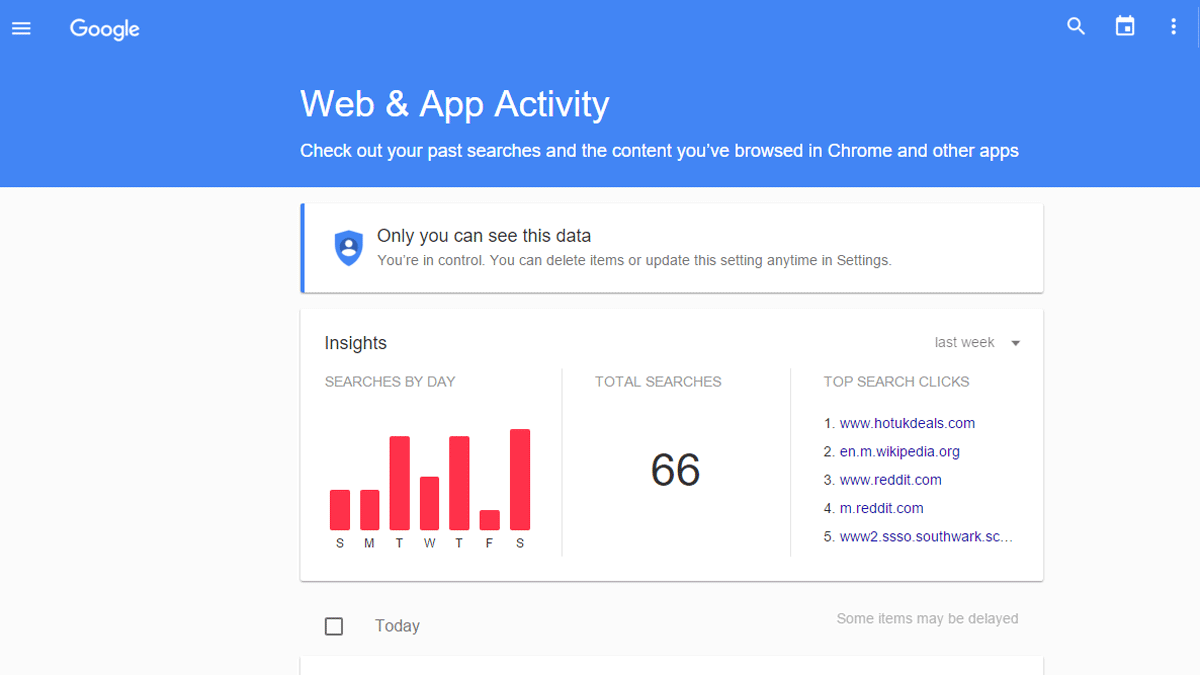
As utterly creepy as that sounds, Google really does keep copies of your actual voice on record. Thankfully, these copies don't relate to your phone calls (that would be breaking the law in a variety of countries, after all), but instead relate to any searches or requests you've made via voice commands. So every time you use the mic on your phone to activate a Google service, that snippet of audio is instantly cached.
Thankfully, like everything else, these recordings can be expunged from you settings page. Just select 'Manage Activity' to access them (and even give them a listen, if you're feeling particularly bored/intrigued).
It knows your itinerary and everything on it
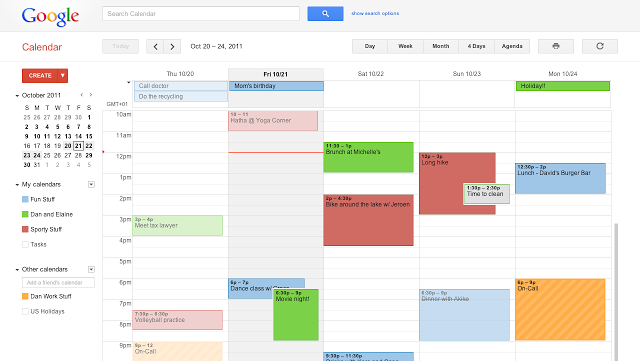
Bit of a simple one this, but an important factor in how Google tracks your online activity and your habits and engagements away from the web. If you're the kind of person who's especially organised and needs to track those important work and personal dates, then there's a decent chance you use Calendar to do it.
So it shouldn't shock you to learn the times, dates and keywords used in these reminders helps paint a picture of who you are when you're AFK. Remember, Google is always watching - even when you're getting on with your life.
It's sent a car out and taken photos of your home
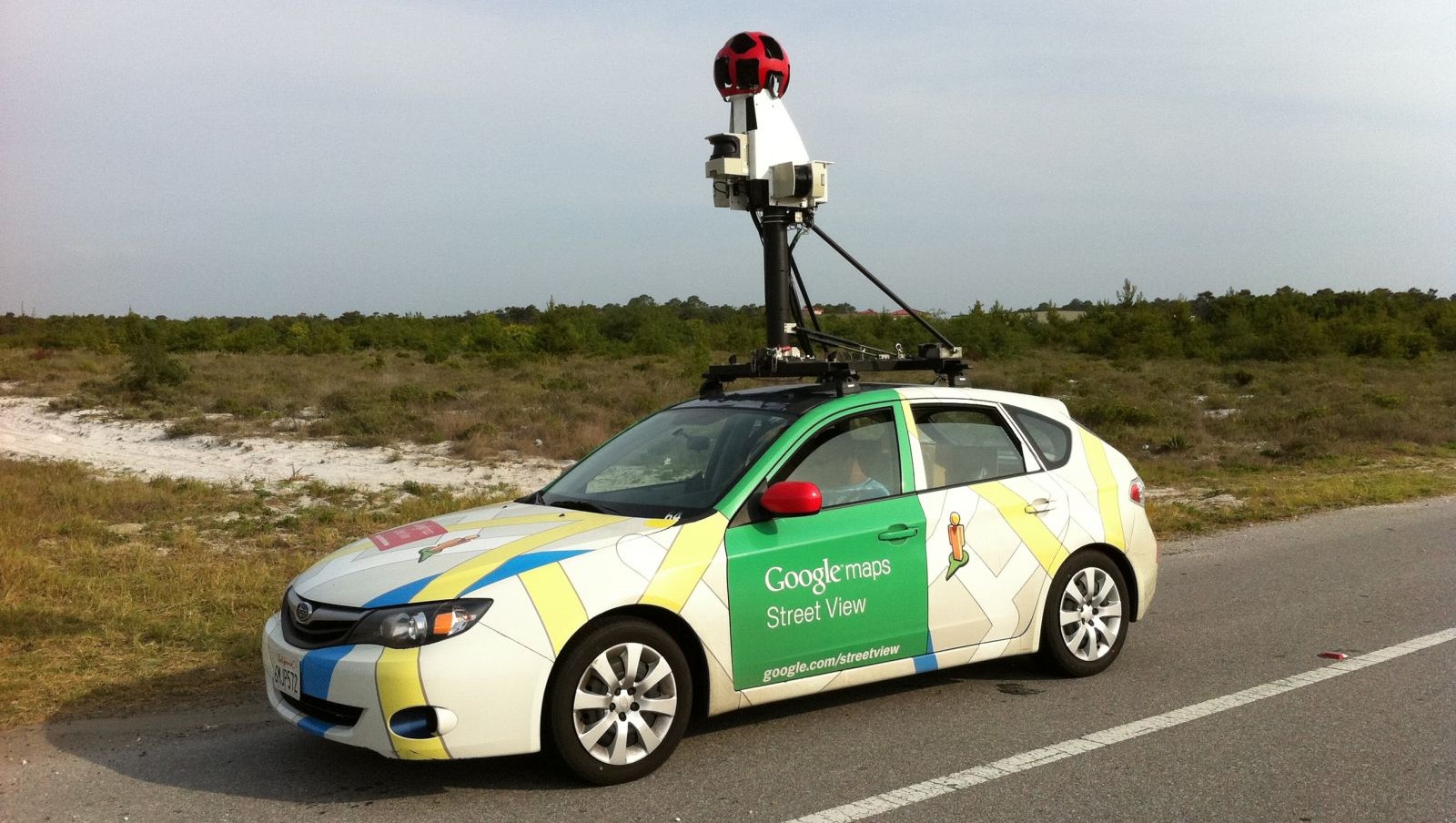
No really, there's a significantly high chance Google's roving Street View cars have driven down your road, snapped a 360 degree shot of your neighbourhood and moved on. Of course, this is all to feed its Street View and Google Earth services, but it doesn't end there.
Back in 2010, the Federal Communications Commission discovered that Google Street View teams had been collecting sensitive information from unencrypted Wi-Fi networks: browsing histories, emails, passwords, you name it, Google took it. It got fined for it and has since ceased such practices, but considering those cars and teams have travelled millions of miles of road, that's a lot of information.
It knows what you're looking at even if you're not using Chrome

Oh, you thought if you used Mozilla Firefox or Safari, Google wouldn't be any the wiser? Well apart from all those Google AdSense adverts (which log your access even when you load a page containing said advert - that's right, you don't even have to click it to get clocked) and Google AdWords (same principle, on this time it just has to be a keyword on-screen - gotcha!), it turns out both Firefox and Safari use a Google blacklist to check website safety.
Oh and Google pays Mozilla Firefox 85% of its $163 million annual income and in return Firefox has made Google its default search engine. Gotcha again!
- Read more: Top 10 games that would be amazing in VR
Dom Reseigh-Lincoln has been writing for T3 for over half a decade now, covering everything from mobile phones and laptops right through to video games and gaming peripherals. Purveyor of an excellent beard, as well as some perpetually cheeky offspring, Dom likes to wind down in his spare time by listening to heavy metal.
-
 The Morning Machine’s younger sibling is here – same precision, now in a compact design
The Morning Machine’s younger sibling is here – same precision, now in a compact designIntroducing the Morning Mini
By Lizzie Wilmot
-
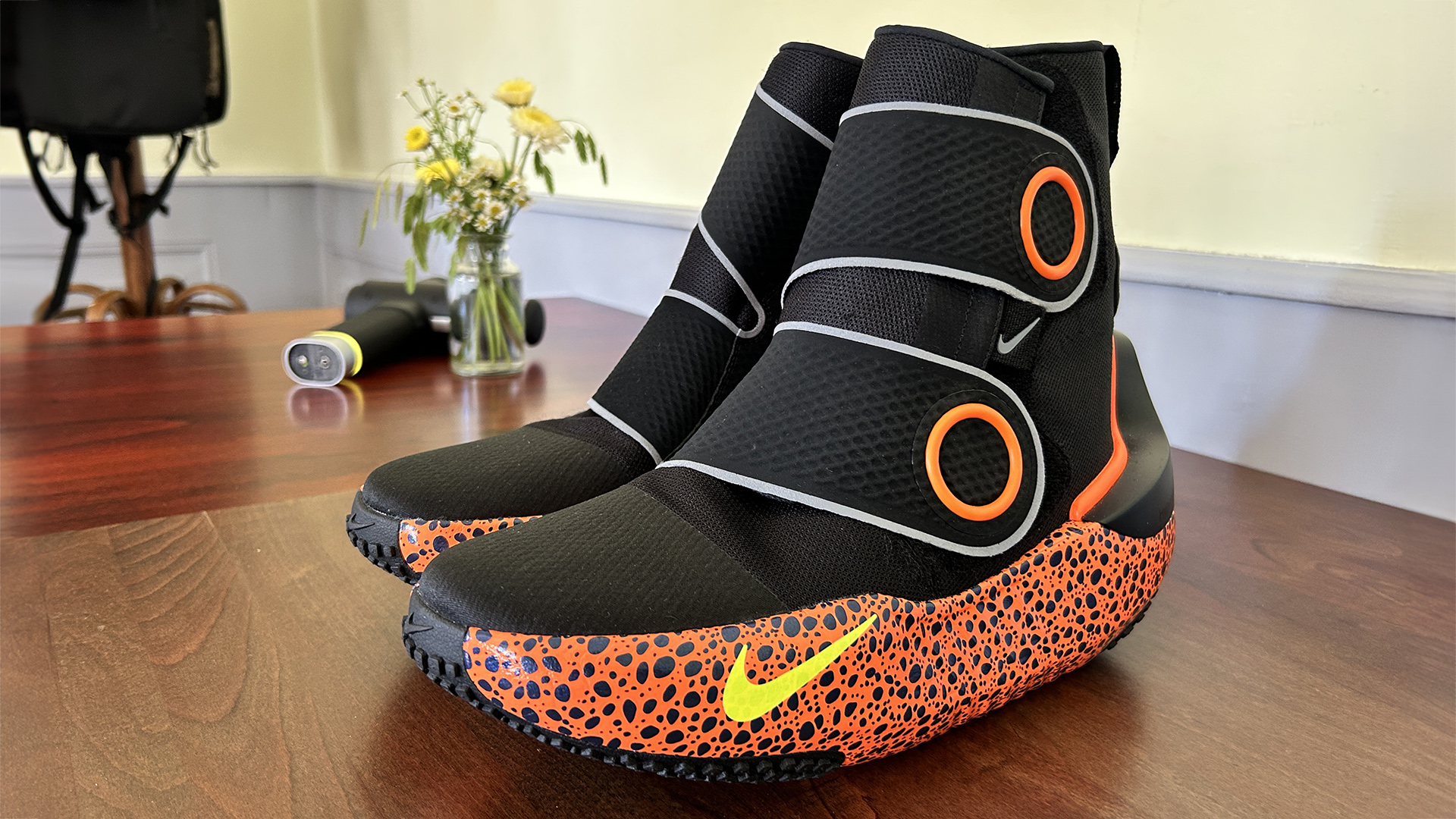 Nike's wild recovery boots, which are like little spas for your feet, can finally be bought by anyone, not just athletes
Nike's wild recovery boots, which are like little spas for your feet, can finally be bought by anyone, not just athletesThe Nike x Hyperice Hyperboot is part footwear, part massage chair, and all kinds of wonderful
By Matt Kollat